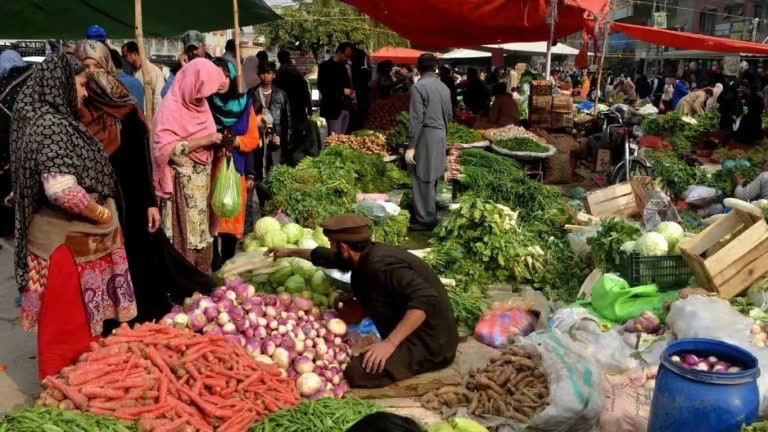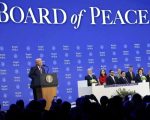By: Muhammad Haseeb Ahsun
Inflation has become a pressing concern in Pakistan, affecting the daily lives of citizens and posing significant challenges for the government. As prices continue to rise, the purchasing power of consumers diminishes, leading to increased hardship for families and businesses. Curbing inflation requires a multifaceted approach that addresses both the underlying economic factors contributing to rising prices and the immediate needs of the population.
The root causes of inflation in Pakistan are complex and varied. Supply chain disruptions, fluctuations in global commodity prices, and domestic factors such as political instability and poor governance all contribute to the inflationary environment. Additionally, the reliance on imports for essential goods makes the economy vulnerable to external shocks, further exacerbating inflationary pressures. To combat inflation effectively, the government must implement policies that stabilize the economy and enhance domestic production.
One of the key strategies for curbing inflation is improving agricultural productivity. Agriculture is a significant sector in Pakistan, providing livelihoods for millions and contributing to food security. Enhancing agricultural practices through modern techniques, access to quality seeds, and efficient irrigation systems can increase crop yields and reduce dependency on imported food items. Supporting farmers with training, resources, and market access can help stabilize food prices and alleviate inflationary pressures.
Monetary policy also plays a critical role in managing inflation. The State Bank of Pakistan must carefully calibrate interest rates to balance inflation control with economic growth. While raising interest rates can help curb inflation, it can also slow down economic activity and increase borrowing costs for businesses and consumers. Striking the right balance is essential for maintaining economic stability. Additionally, the government should focus on reducing the fiscal deficit, as excessive government borrowing can lead to inflationary pressures.
In addition to monetary policy, enhancing the efficiency of supply chains is crucial for curbing inflation. Reducing bottlenecks in transportation and logistics can help lower costs and ensure that goods reach consumers at reasonable prices. Streamlining customs processes and investing in infrastructure can improve the flow of goods, reducing the impact of supply chain disruptions on prices. Moreover, promoting competition in key sectors can help prevent price manipulation and ensure that consumers have access to affordable goods.
Public awareness and education also play a vital role in curbing inflation. Citizens should be informed about the causes and consequences of inflation, enabling them to make informed financial decisions. Encouraging responsible consumer behavior, such as budgeting and avoiding unnecessary spending, can help individuals manage their finances during inflationary periods. Additionally, the government can implement price control measures for essential goods, but these should be carefully monitored to avoid creating shortages or disincentives for producers.
Collaboration between the government, businesses, and civil society is essential for tackling inflation effectively. Engaging stakeholders in dialogue can help identify challenges and develop solutions that benefit all parties involved. For instance, involving businesses in discussions about pricing strategies can foster transparency and accountability, ensuring that price increases are justified and necessary. Furthermore, creating a supportive environment for small and medium enterprises can enhance competition and contribute to price stability.
Finally, addressing the social implications of inflation is crucial. Rising prices disproportionately affect low-income households, exacerbating poverty and inequality. The government must implement social safety nets and targeted support programs to assist vulnerable populations during inflationary periods. These initiatives can include cash transfers, food subsidies, and access to essential services, helping families navigate the challenges posed by inflation.
In conclusion, curbing inflation in Pakistan is a multifaceted challenge that requires a comprehensive approach from both the government and citizens. By addressing the root causes of inflation, enhancing agricultural productivity, implementing sound monetary policies, improving supply chains, and promoting public awareness, the nation can work towards stabilizing prices and safeguarding the livelihoods of its citizens. Ultimately, collective efforts and collaboration will be key to overcoming the inflationary challenges facing Pakistan and ensuring a more prosperous future for all.














